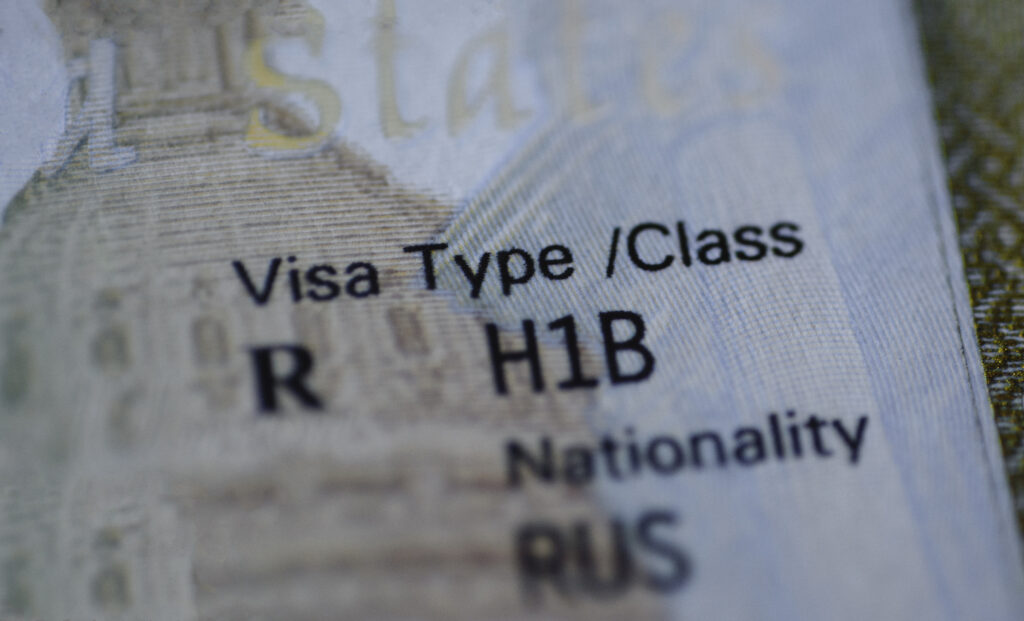Employment Law Report
Potential Changes in Immigration Under the New Administration

By: Glen M. Krebs and Glen W. Krebs
It is difficult to predict what immigration changes the new administration will implement. However, judging from the prior Trump administration and statements made during the recent campaign, it is safe to assume that president-elect Trump and his administration will attempt to revise many parts of the current immigration system. Here are some possibilities and some ways you can prepare for their impact on your business.
Government Agency Processing Changes
The several executive agencies which deal with U.S. immigration are likely to implement operational and functional changes. Some of these changes will require executive orders and others will be de facto internal changes. In general, these changes will slow and sometimes prevent the issuance of visas. Possibilities include:
- Scrutinizing visa renewals with the same employer and in the same role more thoroughly;
- Reintroducing the Buy American/Hire American (BAHA) executive order whereby immigration officers were called upon to personally determine whether approval of any visa would harm U.S. workers.
- Increased scrutiny and slower processing times for visas, with particular focus on L and O visas petitions. This scrutiny may lead to increased requests for evidence (RFE) and visa denials.
- Time-consuming in-person interviews for employment-based green card applications filed within the U.S.
- Longer processing times for visa issuances outside the U.S. and travel limitations for citizens of certain countries.
Worksite Enforcement
It is highly probable that various government agencies will increase their worksite investigations. Heightened scrutiny of E-Verify and I-9 compliance, Labor Condition Applications (LCAs), and Public Access Files (PAFs), with penalties for non-compliance should be anticipated. Companies may face audits by the Department of Labor (DOL), U.S. Citizenship and Immigration Services (USCIS), and Immigration and Customs Enforcement (ICE). These agencies will review wage compliance, employee eligibility verification, and adherence to visa-specific requirements. Preparing for these enforcement efforts will provide comfort to all employees. Here are some suggestions:
- Conduct internal audits of Forms I-9, E-Verify and related anti-discriminatory compliance practices (with or without counsel).
- Review electronic I-9 systems to ensure full compliance with applicable DHS regulations, especially regarding audit trail and indexing requirements.
- Ensure compliance with applicable rules for sponsoring foreign national employees on nonimmigrant visas such as H-1B, H-2A, H-2B, etc., and those utilizing the PERM process for green card sponsorship.
- Public access and audit files should be accurate and up to date.
- Train HR, IT and other personnel to comply with policies regarding compliance.
- Establish a process flow for responding to government visits and/or information/documentation requests including in-person enforcement visits.
H visas
One category of visa likely to be the target of legislative or regulatory change is the H visa. Some possibilities include:
H-1B – Companies employing H-1B workers could face increased costs due to higher wage requirements and higher legal fees as H-1B petitions become more complex. The changes likely would lead to reduced flexibility in hiring and staffing. Specific changes may cause the H-1B specialty occupation visa to become an elite program, meaning employers may only bring in top, high-skilled foreign workers. There is also a plan to favor higher wages for these positions.
H-1A – Changes could include a cap on the number of H-2A nonimmigrant visas issued annually which would cause a phase down of the H-2A visa program. The H-2A visa allows employers to sponsor workers for seasonal or temporary agricultural jobs.
Questions relating to the above suggestions may be addressed to Glen M. Krebs or Glen W. Krebs or other members of the Firm.

